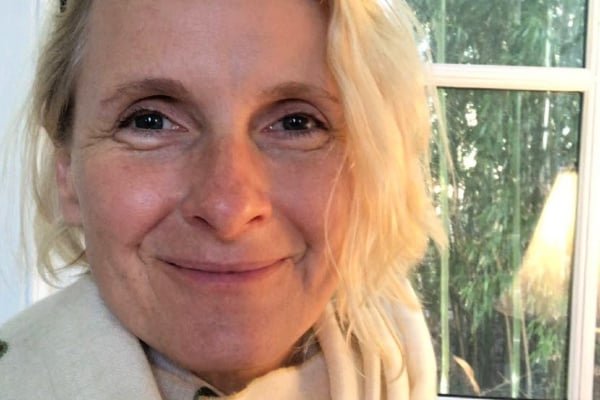
Warning: This post deals with anxiety and might be triggering for some readers.
Anxiety has likely never been so forceful in so many of our lives as is it right now.
For those who live with anxiety, it’s a familiar feeling. For others who’ve never experienced anxiety before, they’re now feeling all sorts of things for the first time. The quickening of heart beats. The shortening of breath. The spiralling thoughts. The feeling of losing your grip on control.





























































































